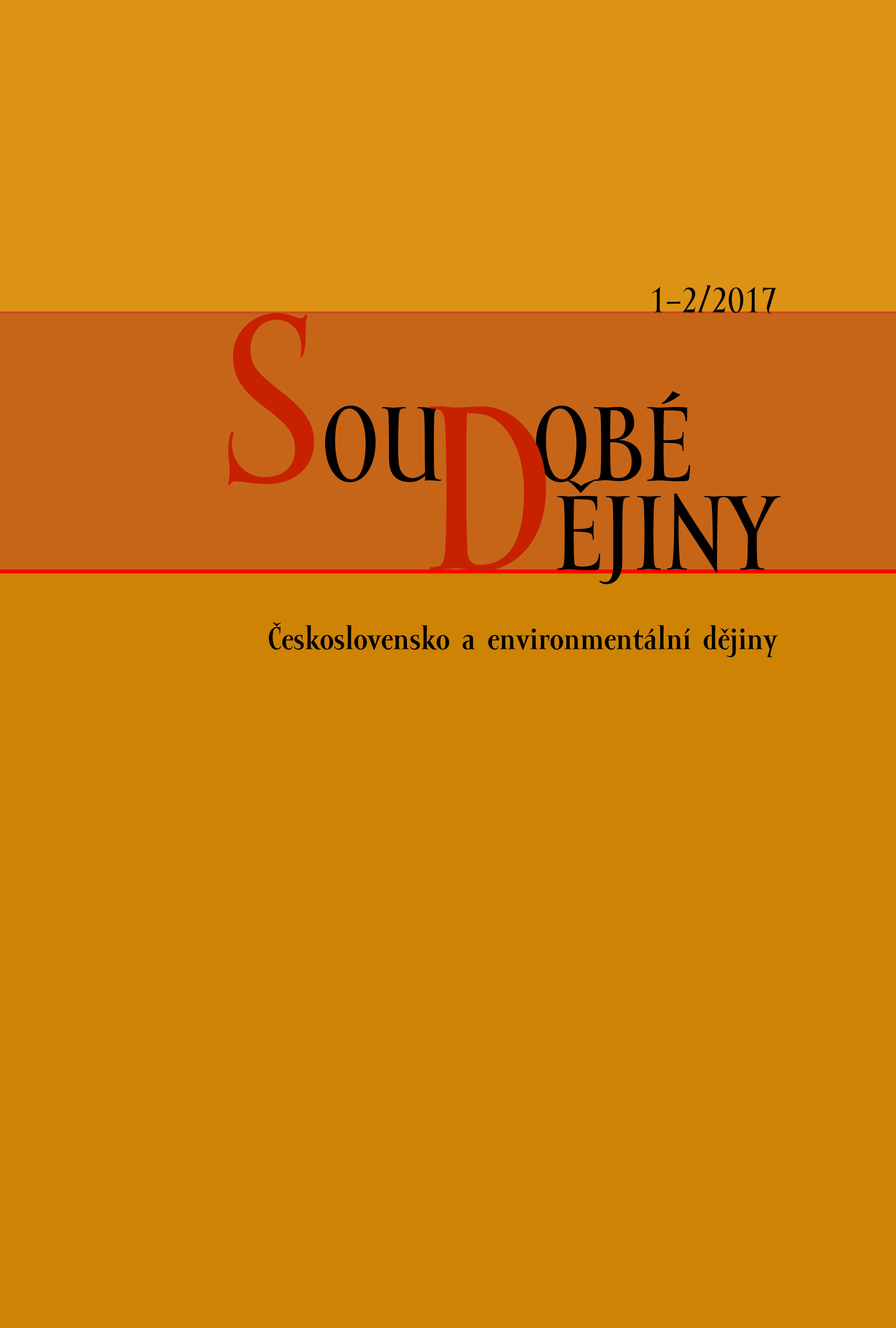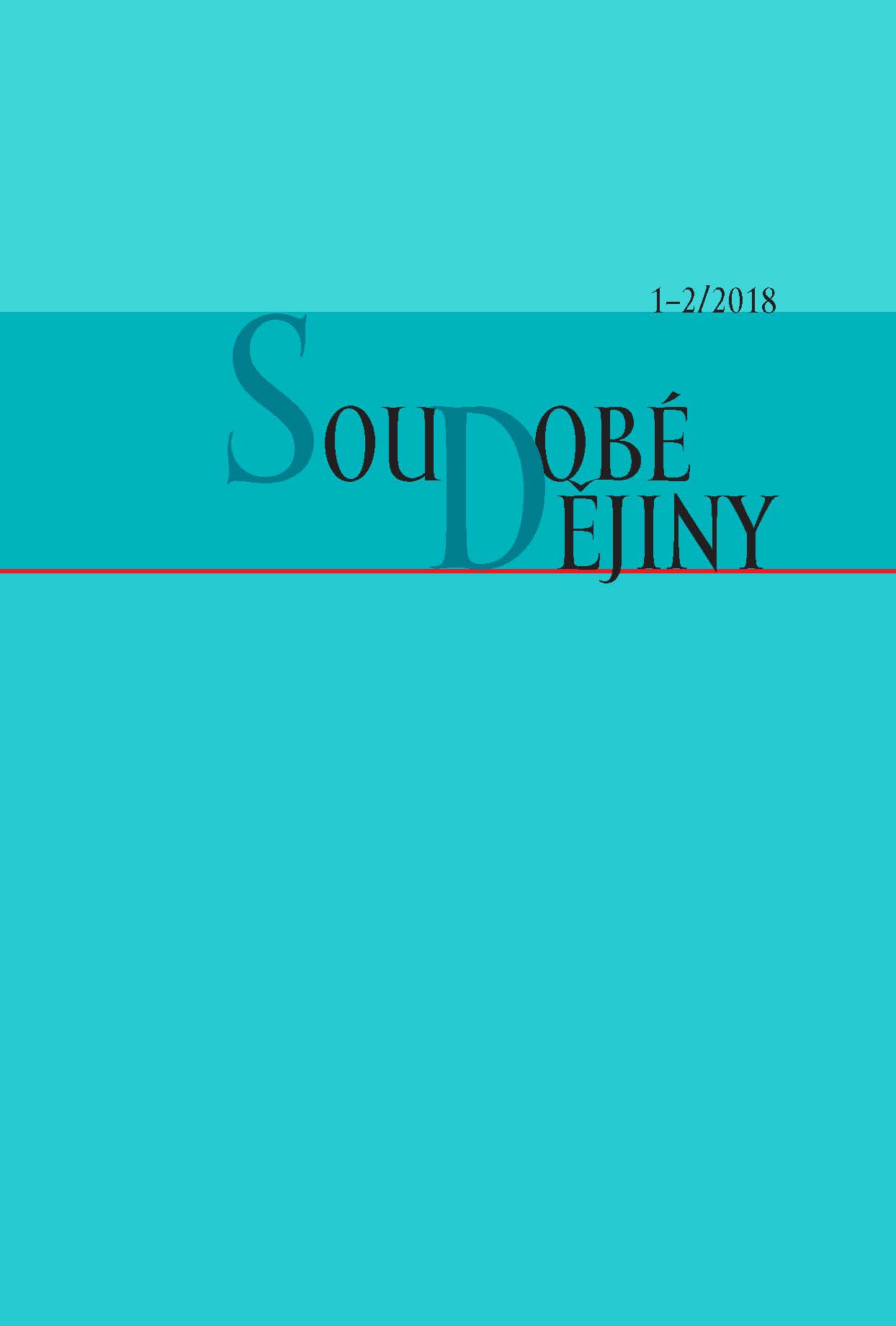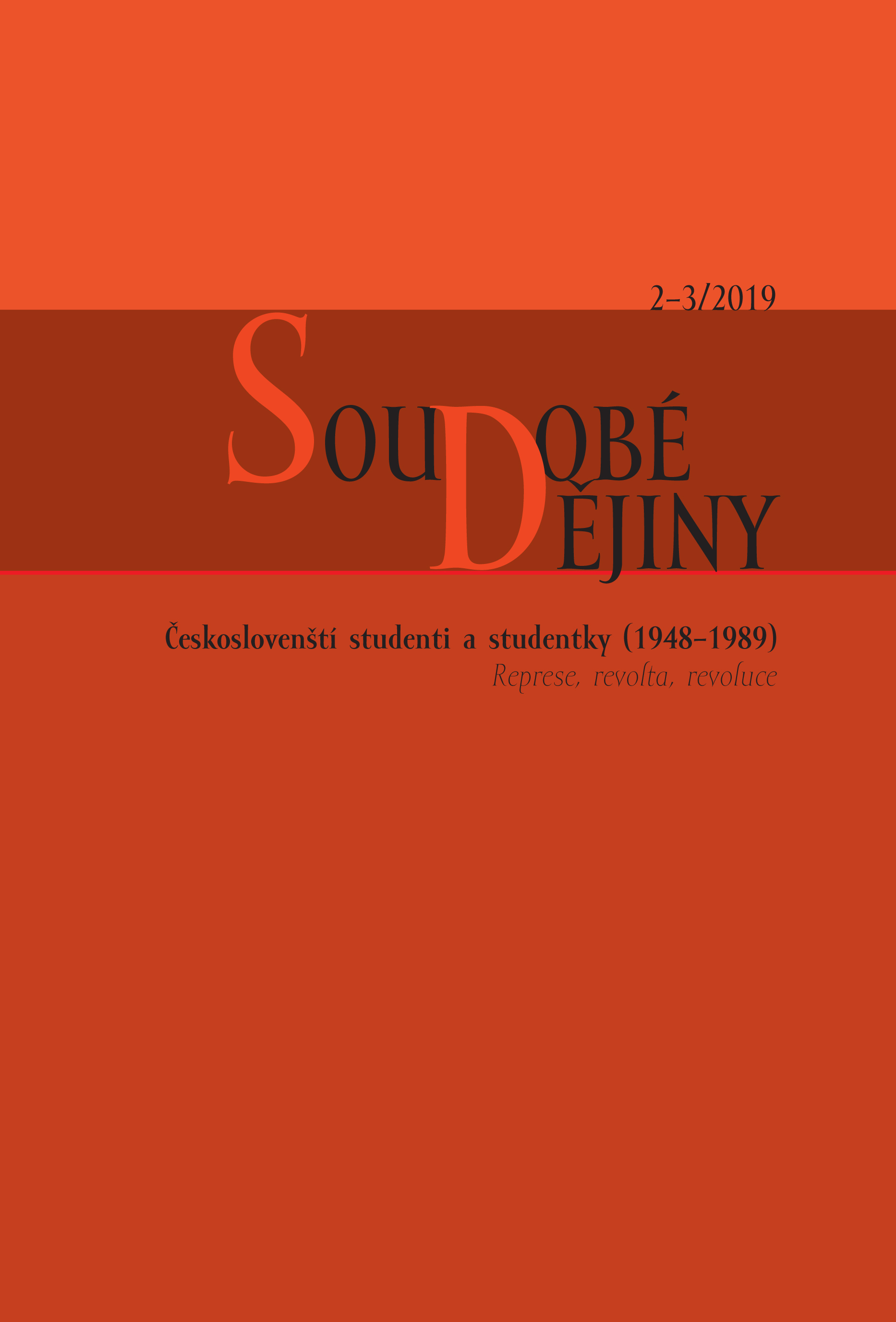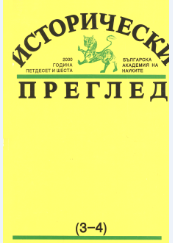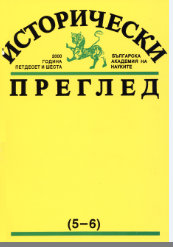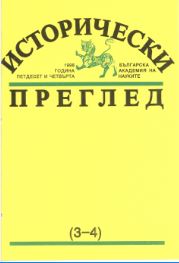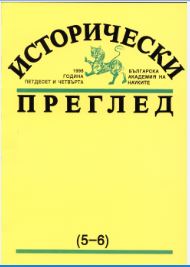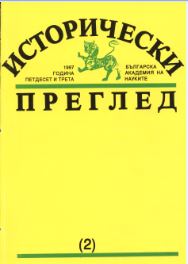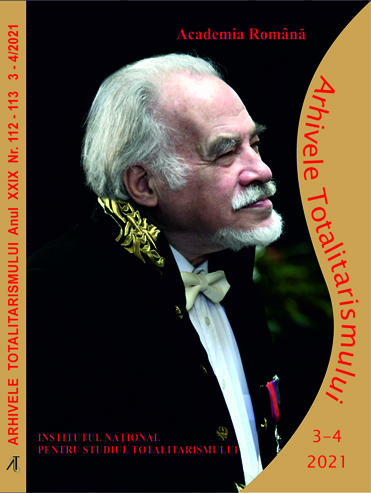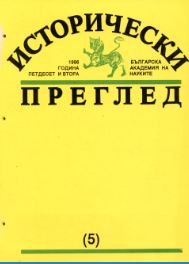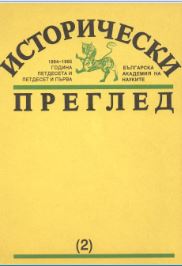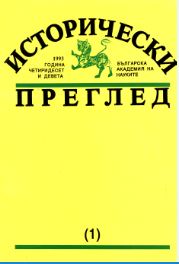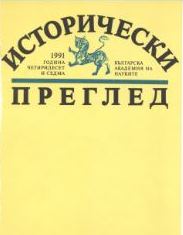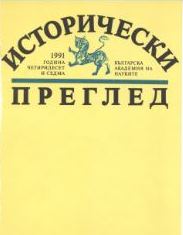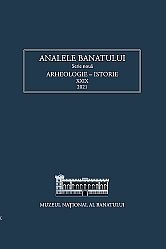Author(s): Tomáš Hermann / Language(s): Czech
Issue: 1+2/2018
The author summarizes the life and in particular scientific career of historian
Bedřich Loewenstein, describes areas of his professional interest and his intellectual
orientation, reminds of his most important works published in Czech and
German, and assesses his contribution. Loewenstein was born in 1929 in Prague,
in a Czech-German-Jewish family, lived through the German occupation in difficult
conditions, and started studying history and philosophy at what was then
the Faculty of Arts and History of the Charles University, but was expelled two
years later for political reasons. He was allowed to complete his studies later, and
in 1957 started working at the Institute of History of the Czechoslovak Academy
of Sciences, where he remained until his dismissal in 1970. He started intensive
contacts with West German historians and other intellectuals during the 1960s, and
organized an important international symposium, “Europe and Fascism”, in Prague
in 1969. Since the early 1970s, he was not allowed to publish and was employed as
an interpreter/translator of the trade mission (since 1973 embassy) of the Federal
Republic of Germany. Although watched by the State Security, he managed to
make use of his position to establish an important connection between domestic
dissenters and their supporters abroad, which was used to exchange publications
and other documents. In 1979, he accepted an offer of professorship of recent
history at the Free University in West Berlin, where he remained until 1994 and
where he could develop and expand his research interests and devote himself to
intensive publication activities For a long time, Bedřich Loewenstein was focusing on the German history of the 19th
and 20th centuries; since the 1960s, he was also studying ideological, psychological,
and social prerequisites of Nazism and later also more general issues of crises of
the 20th century, modernism and modernity, civic society, European nationalism,
and civilization. In this respect, he was able to integrate approaches and knowledge
of other social sciences – sociology, social psychology, anthropology, philosophy,
political science, and economy – in a prolific manner. He was a long-time and
intensive intermediary of views and ideas between the Czech (or Czechoslovak)
and German historiographies. His works, written in a concise, scientific-essayist
style, earned him respect among colleagues both at home and abroad. His principal
works include Plädoyer für die Zivilisation (Hamburg, Hoffmann und Campe 1973),
Entwurf der Moderne: Vom Geist der bürgerlichen Gesellschaft und Zivilisation (Essen,
Reimar Hobbing 1987; in Czech in 1995), Problemfelder der Moderne: Elemente der
politischen Kultur (Darmstadt, Wissenschaftliche Buchgesellschaft 1990), My a ti
druzí: Dějiny, psychologie, antropologie (Brno, Doplněk 1997; in German in 2003).
A synthesis of Loewenstein’s thinking about a broad spectrum of issues is presented
in his book Der Fortschrittsglaube: Geschichte einer europäischen Idee (Göttingen,
Vandenhoeck & Ruprecht 2008; in Czech: Víra v pokrok: Dějiny jedné evropské ideje.
Prague, OIKOYMENH 2009).
More...
